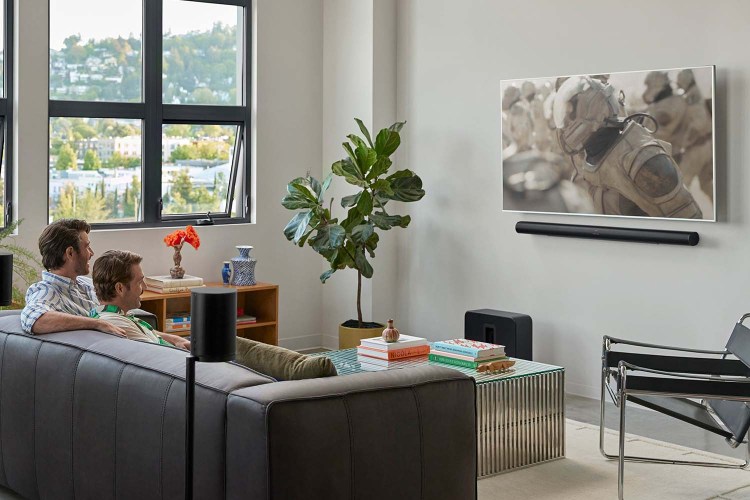What’s the best position to catch some zzzs?
Turns out there are only two of them, and neither involves sleeping on your stomach.
According to the National Sleep Foundation, ideally, you want to sleep supine. This is the best position because it helps your spine realign. Make sure the pillow under your head isn’t too high; otherwise, you’ll put stress on your neck. No pillow is better than too much pillow, actually (feel free to put a pillow under the knees, though: it’s good for your lower back).
The upshot of all this pillow-stacking is making sure your air pathways are unencumbered. This is why people snore; a study in Israel of 2,000 people with sleep apnea found that the majority of them slept on their back, and 54 percent ceased snoring when rolling over. That same study also found that folks who were thinner tended to sleep on their backs, and slept better than their heavier counterparts — yet another reason to keep your weight in check.
Sleeping on your side is also fine, especially if you’re pregnant: pregnant women should sleep on their left side to help facilitiate good blood flow. Then, this is primarily a men’s site, so let’s assume you’re not pregnant but still want to sleep on your side. The key to sound rest is making sure your back is aligned. Don’t add too many pillows under your head, and consider placing a pillow between your knees to take the pressure off your lower back.
One way to find out your optimal position is to try to observe how you’re positioned when you awaken. That’s probably how you spent most of the night. If you slept well, then you’re good. If you didn’t, then consider doing something different. And make sure you’re breathing correctly and have a good pre-bed routine — preparation is the best thing you can do for a good night’s rest.
Sweet dreams.
Nota bene: Sleep apnea is actually quite unhealthy, and can lead to diabetes, fatigue, inflammation and even heart issues. If you’re a chronic snorer, go see a sleep specialist.
Whether you’re looking to get into shape, or just get out of a funk, The Charge has got you covered. Sign up for our new wellness newsletter today.






















